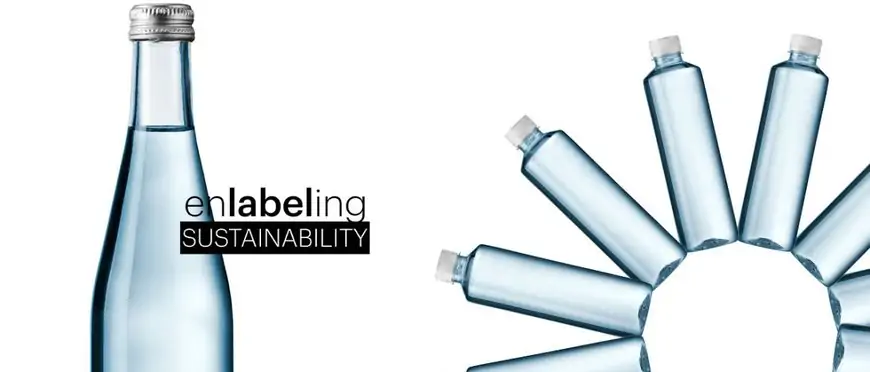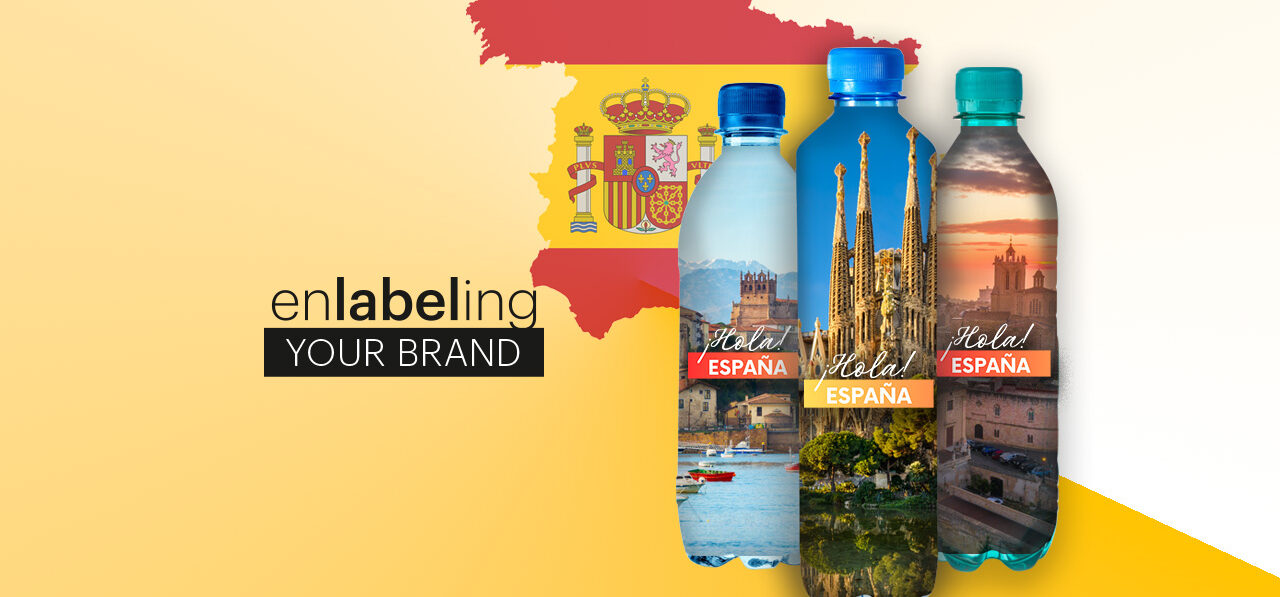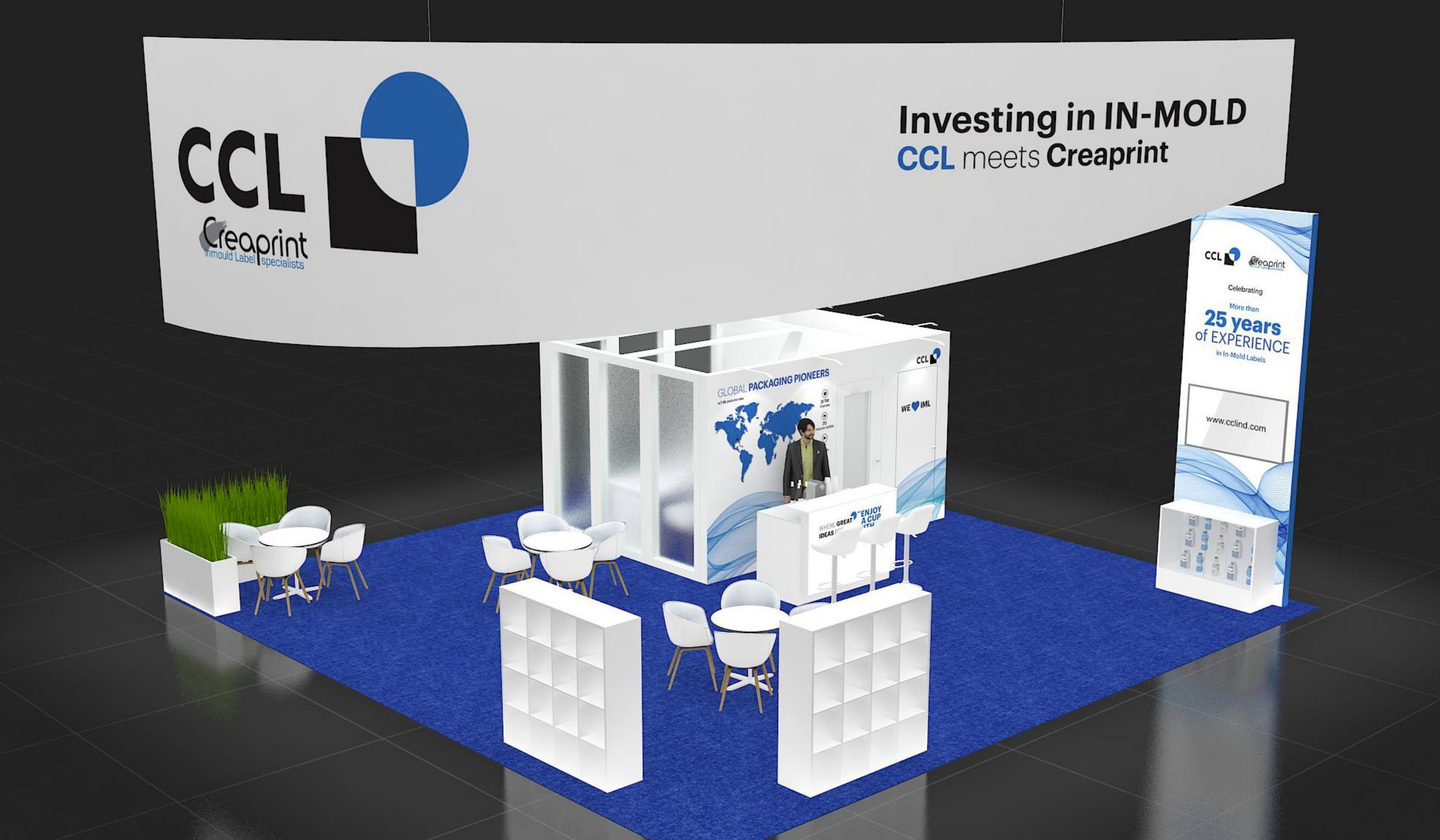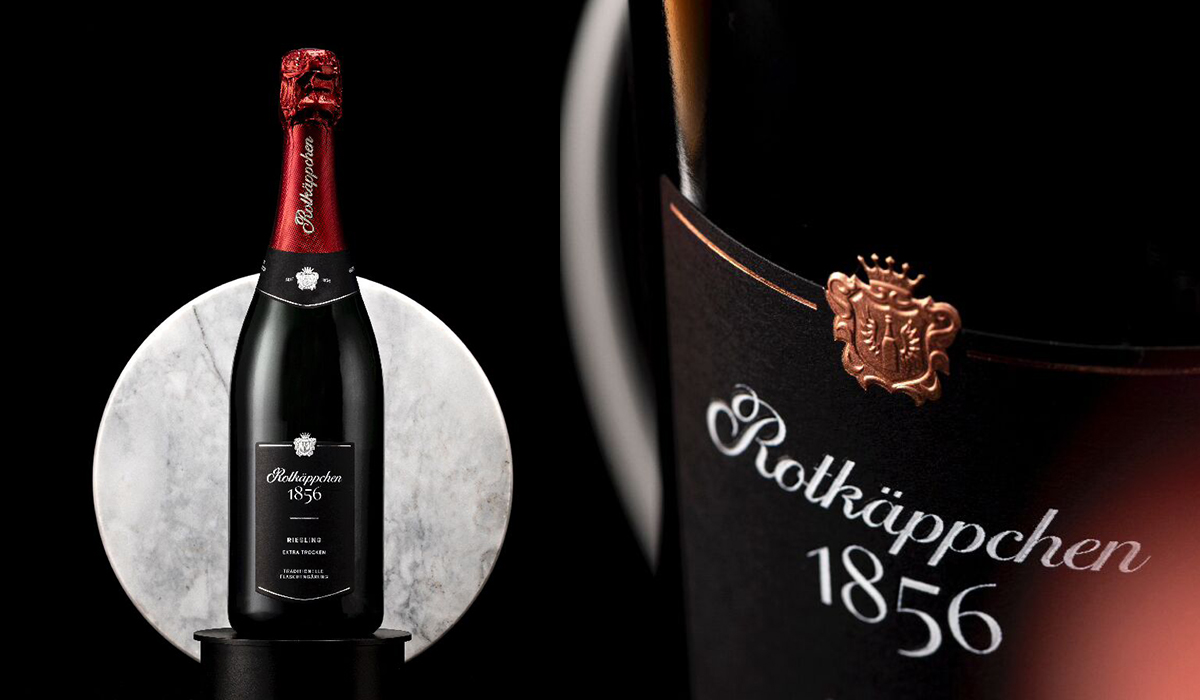Germany Revises Packaging Law: Reusable & Recycled Materials
The German Bundestag passed an amendment to the Packaging Act – what does this mean for labels and product decorations such as sleeves?
After the Federal Cabinet adopted the Federal Environment Ministry’s draft to amend the Packaging Act at the end of last year, the Bundestag voted in favor of the amendment on May 5, 2021.
Focus areas include the expansion of the deposit system as well as the definition of minimum recyclate shares, for example for PET bottles. In addition, owners of restaurants and retailers will have to offer reusable alternatives instead of single-use plastic packaging from 2023 when selling food and beverages for immediate consumption.
For beverage retailers, this means that from 2022 there will be a deposit on all non-returnable plastic beverage bottles as well as beverage cans. The amendment to the law ends the previous exemptions: until now, for example, carbonated fruit juice spritzers were subject to a deposit, but non-carbonated fruit juice was not. A transition period until 2024 applies to milk and other dairy drinks.
How can labels and sleeve decorations support this?
- First of all, it will be a matter of recycling more PET from bottle applications, which means increasing bottle-to-bottle recycling. Here the material from which the labels and sleeves are made makes a huge difference. PET bottles are shredded in the recycling plants, whereby the label is separated from the bottle when it enters the sink/float process. Ideally, the label material floats on top of the water basin thanks to its low density, while the heavier PET flakes accumulate cleanly on the bottom of the washing basin. This results in clean, PET flakes of superior quality that can be reused in high-quality bottle applications and thus enable an increase of recyclate share in packaging.
- Label materials such as EcoStream (PO) are ideal here, as they come off easily while ink and adhesive remain on the label and thus protect the washing water and PET from contamination and discoloration. In the case of sleeves, EcoFloat (PO) helps to increase the PET recyclate as it also floats on top. These solutions have been recognised by the European PET Bottle Platform (EPBP) and the Association of Plastic Recyclers (APR).
- By 2025, the share of recyclate in PET bottles should be at least 30 percent. There are matching labels and sleeves with recycled material available. Our label materials with post-consumer recyclates are of high quality, but have a lower carbon footprint and use post-consumer household waste material.
- Expansion of the reusable system: The choice of the right label or sleeve is also crucial for bottles that can be filled several times. So-called Stretch Sleeves (PE) are already being used by many German water companies and other beverage manufacturers. They help save resources due to their low material consumption and do not require any adhesive, so that the sleeve can simply be removed before refilling. In Völkermarkt, Austria CCL Label is investing in a recycling unit that can recycle used Stretch Sleeves into new ones and thus represents an optimal closed-loop solution for bottle decorations.
- Labels with WashOff technology are ideal for glass bottles, as they can be removed easily and residue-free in conventional industrial washing machines. At the same time, the labels shrink minimising the waste volume.
18th May 2021




